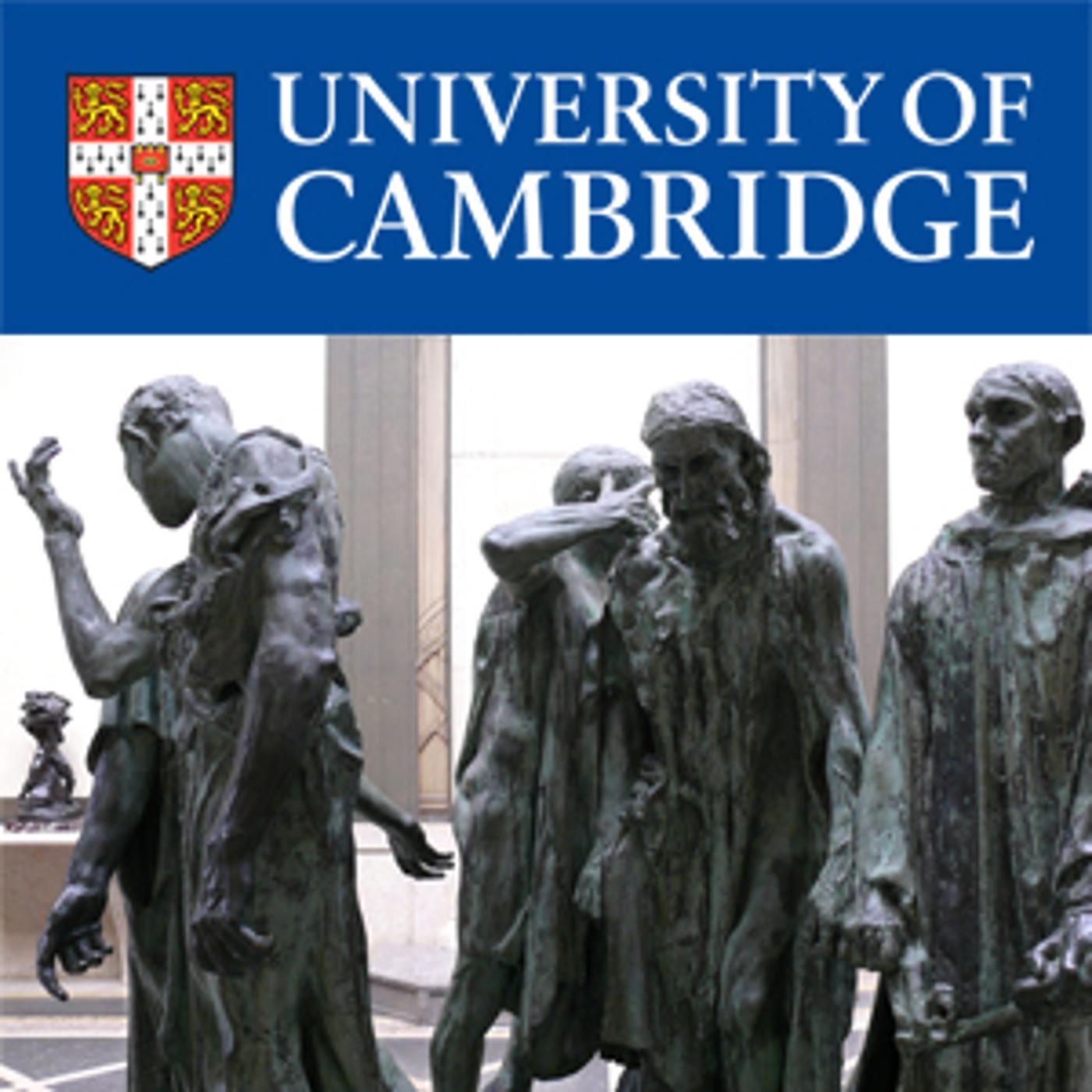Supererogatory Spandrels
Update: 2013-06-21
Description
Paper given by Claire Benn (University of Cambridge) cmab3@cam.ac.uk cambridge.academia.edu/ClaireBenn. The ‘good-ought tie-up’, a thesis that denies that there can be any actions that are both good and optional, provides a challenge to the possibility of supererogatory actions, which are by definition both good and optional. Those who wish to establish the possibility of supererogatory actions must reject the good-ought tie-up by arguing for why our duty must be limited. The argument for limiting our duty is often motivated by an appeal to the value of supererogatory actions. I argue that such an appeal is unlikely to convince those sceptical about supererogation and gives the false impression that supererogation is a concept that has few implications for other aspects of our ethical theory. Instead, I argue that many cases of supererogatory action should be thought of as ‘spandrels’: as by-products of relatively uncontroversial assumptions in other areas of moral thought. Spaces for optional actions, and thus the limits placed on our duty, are created without the need to appeal to the value of supererogatory actions. By identifying these cases of supererogatory spandrels, I demonstrate that ethicists need not be committed supererogationists in order to be committed to the possibility of supererogatory actions.
Comments
In Channel





